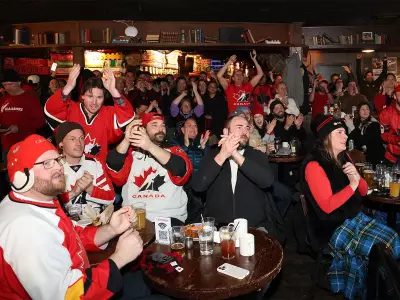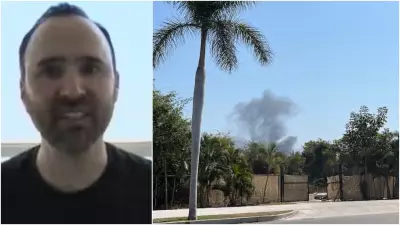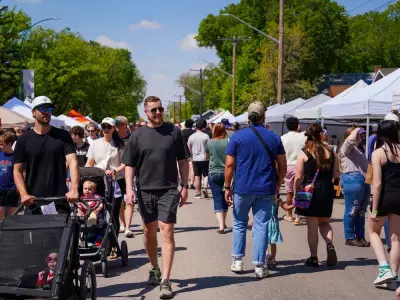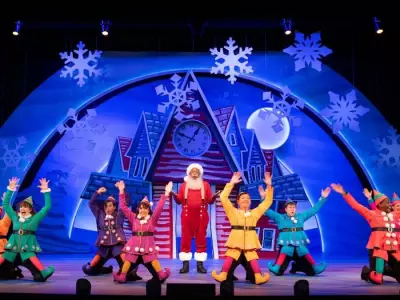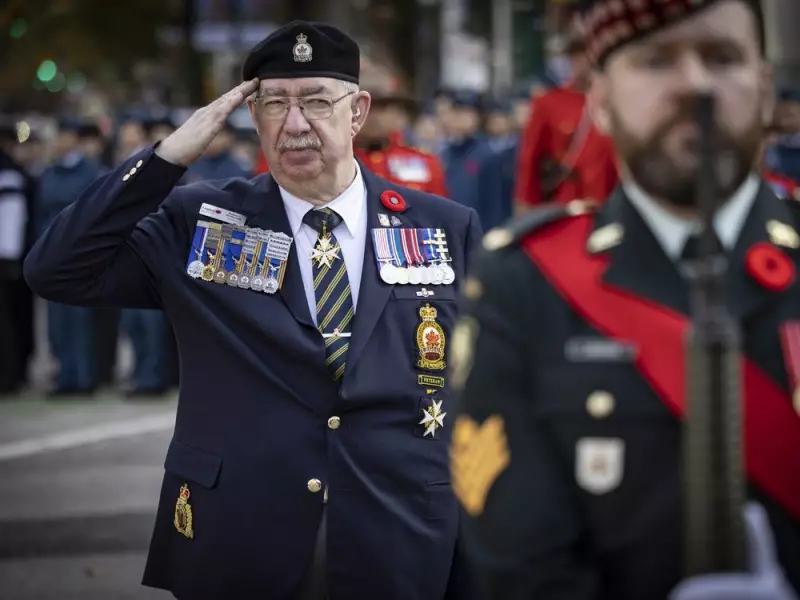
The torch of living memory has been passed. Gordie Quan, the last surviving Chinese Canadian soldier who served in the Second World War, passed away in Victoria last month, just weeks before his 100th birthday. His death marks the end of an era for a unique group of veterans.
Ceremonies of Remembrance and Reflection
Under clear, sunny skies this past Tuesday, the significance of this passing was felt at Remembrance Day services across Vancouver. While the main ceremony took place at Victory Square, drawing hundreds of attendees, a more intimate gathering occurred at the Chinatown Memorial Monument at the intersection of Keefer and Columbia streets.
It was here that veterans like Alfred Woo, 78, paid their respects. For Woo, a member of the Army, Navy and Air Force Veterans, Quan was more than a statistic; he was a trailblazer. "I'm grateful to Gordie Quan," Woo stated, acknowledging that pioneers like Quan showed him that the Canadian military was a path open to Chinese Canadians.
The Legacy of Service Against the Odds
The Chinatown monument itself tells a dual story of contribution and struggle. It features a bronze figure of a railway worker, honouring the thousands who built the cross-country railway, and a statue of a Chinese Canadian Second World War soldier.
This soldier represents an estimated 600 Chinese Canadians who volunteered to fight for Canada during the war. This act of service is particularly poignant given that, at the time, they were denied the right to vote. Their dedication helped pave the way for changed laws and greater inclusion.
The Cold War Generation Steps Forward
With the WWII generation now gone, the focus shifts to veterans like Alfred Woo, who served during the decades-long Cold War. Woo trained part-time as an artillery soldier for 22 years while simultaneously building a 30-year career as a lawyer.
He was never deployed to a combat zone, a fact he acknowledges with a sense of grim fortune. "I like to say I served in the most dangerous war that was never fought," Woo reflected after the Chinatown ceremony. He was prepared to be mobilized if the tense standoff between the U.S. and the Soviet Union had ever turned hot, but the call, fortunately, never came.
Ted Hawthorne, 79, who marched with the B.C. Regiment in the parade down Hastings Street after the Victory Square ceremony, is another veteran from this Cold War generation, highlighting the continued presence of those who served during this pivotal period.
The ceremony in Chinatown included the laying of wreaths by politicians from various levels of government, a solemn tradition connecting past sacrifices with present gratitude. Meanwhile, the service at Victory Square, now in its 101st year, incorporated modern elements like a jumbo TV screen and a QR code for mobile viewing, ensuring the message of remembrance reaches new generations. The legacy of Gordie Quan and the ongoing service of veterans like Alfred Woo ensure that their contributions, from the battlefields of WWII to the tense readiness of the Cold War, will not be forgotten.


